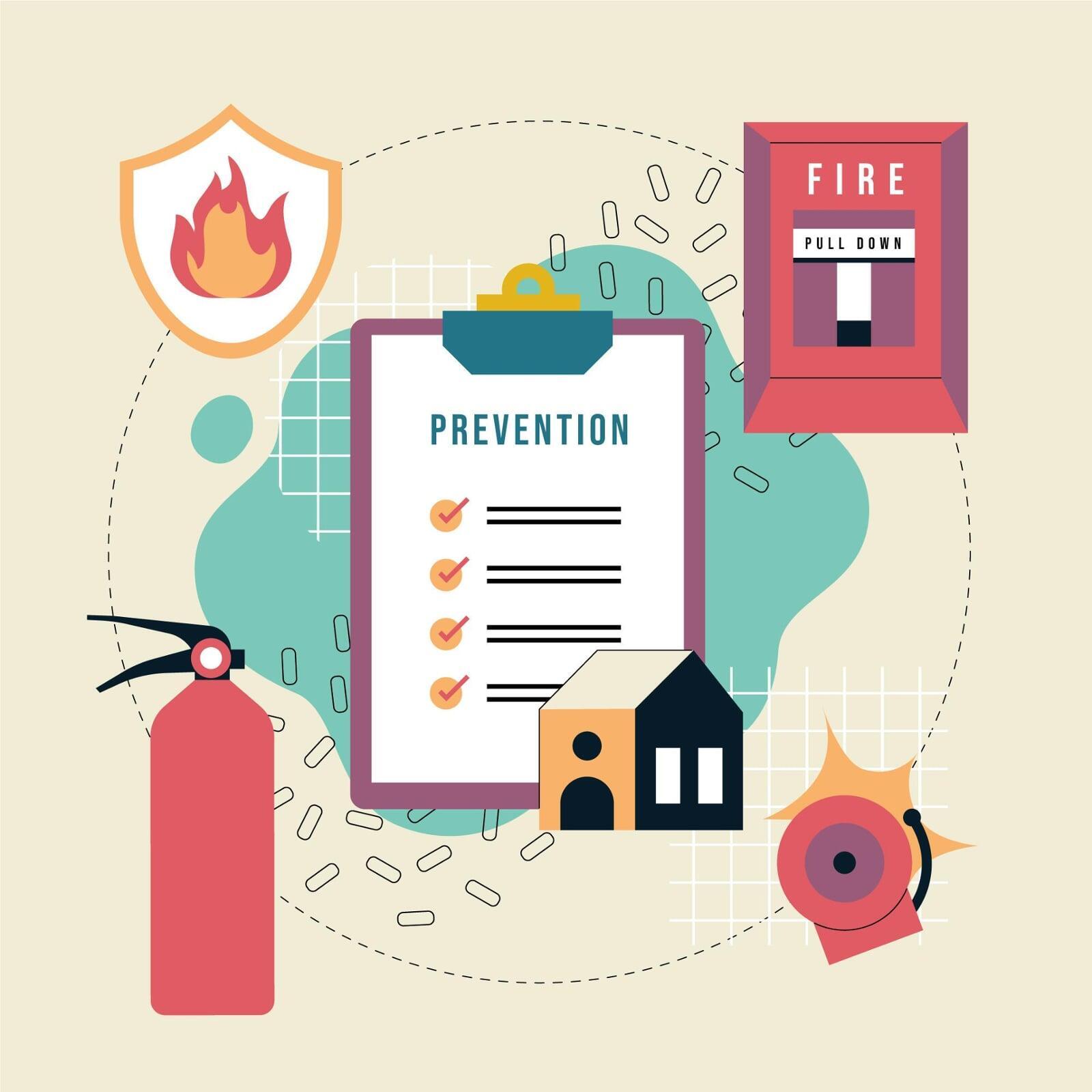As Accessory Dwelling Units (ADUs) continue to transform the housing landscape across California, ensuring they meet fire safety regulations is critical—not just for legal compliance, but to protect lives and property.
Whether you're planning a garage conversion, detached unit, or attached ADU, this blog breaks down everything you need to know about fire safety requirements for ADUs in California, including what’s required, when fire sprinklers are needed, and how to ensure your unit passes inspection.

🏡 What Is an ADU?
An Accessory Dwelling Unit (ADU) is a self-contained residential unit located on the same lot as a primary home. ADUs can be:
Detached (e.g., a backyard cottage)
Attached (an addition to the main home)
Converted (a garage, basement, or interior space repurposed into living space)
Each unit includes a kitchen, bathroom, living/sleeping area, and a private entrance.
🔥 Key Fire Safety Requirements for ADUs
Fire safety compliance is part of the California Residential Building Code, and all permitted ADUs must meet these minimum standards:
1. Smoke Alarms
Required in every bedroom, outside each sleeping area, and on every level of the ADU.
Must be hardwired and interconnected unless the ADU is created from an existing structure and it's impractical.
2. Carbon Monoxide Detectors
Required if the ADU contains fuel-burning appliances (e.g., gas stoves, furnaces) or has an attached garage.
Must be installed outside sleeping areas and on each floor.
3. Fire-Rated Walls and Doors (in certain cases)
When an attached ADU shares a wall with the main residence, fire separation may be required.
Garage conversions must have proper fire-rated walls between the unit and any remaining garage space.
4. Emergency Egress Windows
All sleeping areas must have a window or door that provides a direct path to the outside, allowing residents to escape during an emergency.
5. Fire Department Access
Detached ADUs must have unobstructed access for emergency personnel, usually within 150 feet of a fire access road.
🚿 Fire Sprinkler Requirements for ADUs
While they can’t ban ADUs, HOAs can impose “reasonable restrictions.” These must not unreasonably increase the cost or delay construction.
Examples of permissible HOA regulations:
Aesthetic guidelines (matching rooflines, exterior finishes)
Setbacks or placement within a lot (consistent with local code)
Screening, landscaping, or fencing standards
Noise or lighting rules already applicable to all residents
🛠 Additional Fire Safety Features Recommended (but not required)
Fire-resistant roofing and siding materials
Defensible space landscaping (especially in wildfire-prone zones)
Hardwired smoke/CO detectors with battery backup
Automatic shutoff valves for gas lines
✅ Benefits of Building a Permitted ADU with Fire Safety Compliance
🔐 Legal Protection
A permitted ADU ensures you’re compliant with fire codes—reducing the risk of lawsuits, insurance denial, or forced demolition.
🏠 Increased Property Value
Buyers and lenders favor legal, fire-compliant ADUs due to safety assurance and reduced liability.
💵 Rental Appeal
Tenants prioritize safety. A fully permitted ADU with up-to-date alarms and egress is more attractive (and legally rentable).
🧯 Peace of Mind
Fire safety isn’t just a code—it's a life-saving feature. Compliant units better protect your family and assets.
🏘 ADUs in High Fire Risk Zones
- If your property lies in a Very High Fire Hazard Severity Zone (VHFHSZ):
You may be subject to stricter fire safety rules, including use of non-combustible building materials and increased clearance from vegetation.
Some cities may mandate sprinkler systems, regardless of the main home’s configuration.

